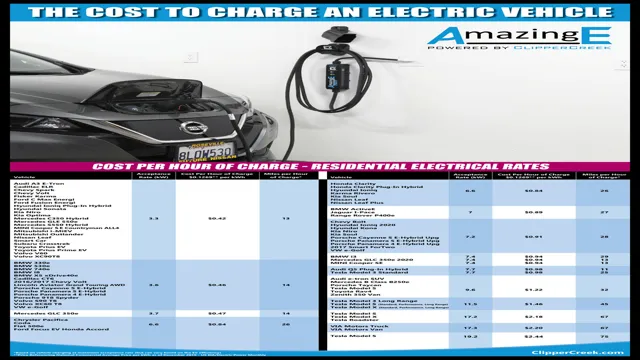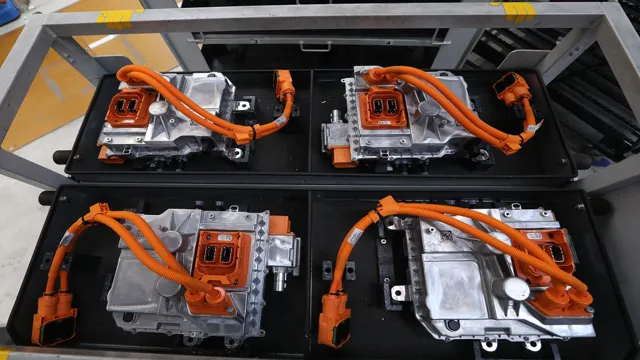EV Range Extender Battery Pack: Can It Boost Your Electric Car’s Range?
Electric vehicles (EVs) are rapidly taking center stage in the transportation landscape. Their quiet operation, zero tailpipe emissions, and lower running costs compared to traditional gasoline vehicles make them a compelling choice for environmentally conscious drivers. However, a significant hurdle for many potential EV converts is “range anxiety” – the fear of running out of battery power before reaching a charging station.
This range anxiety can be a major barrier to EV adoption. Imagine being on a road trip and worrying about finding a charging station in time. While the range of EVs is steadily increasing, for some drivers, it’s still not enough to quell the fear of being stranded.
Enter the concept of EV range extender battery packs. These propose to act as a backup power source, essentially a portable gas station for your EV. But are they a viable solution, or are there better ways to combat range anxiety? Let’s delve into the world of EV range extender battery packs, separating fact from fiction.

Under the Hood: Unveiling the EV Range Extender Battery Pack
An EV range extender battery pack is essentially a portable generator specifically designed for electric vehicles. Unlike a traditional EV battery that powers the wheels directly, a range extender doesn’t contribute directly to propulsion. Instead, it functions as a backup power source, kicking in once the main EV battery starts to deplete.
Here’s how it works in theory:
- The EV operates on its main battery pack for the designated range.
- Once the main battery reaches a pre-determined low level, the range extender automatically activates.
- The range extender, typically a small internal combustion engine or another alternative power source, starts running.
- This engine doesn’t power the wheels directly. Instead, it acts as a generator, producing electricity.
- The generated electricity charges the main EV battery, effectively extending the driving range.
This setup utilizes a concept known as a series hybrid drivetrain. In a series hybrid, the engine is decoupled from the wheels. It solely functions as a generator, powering the electric motor through the electricity it produces. This is different from a parallel hybrid system, where the engine and electric motor can work independently or together to propel the vehicle.
The idea behind the EV range extender is simple: provide an extra layer of security by kicking in a backup generator when the main battery runs low, alleviating range anxiety and extending your journey. But is this a practical solution in the real world? Let’s explore the potential benefits and drawbacks in the next section.
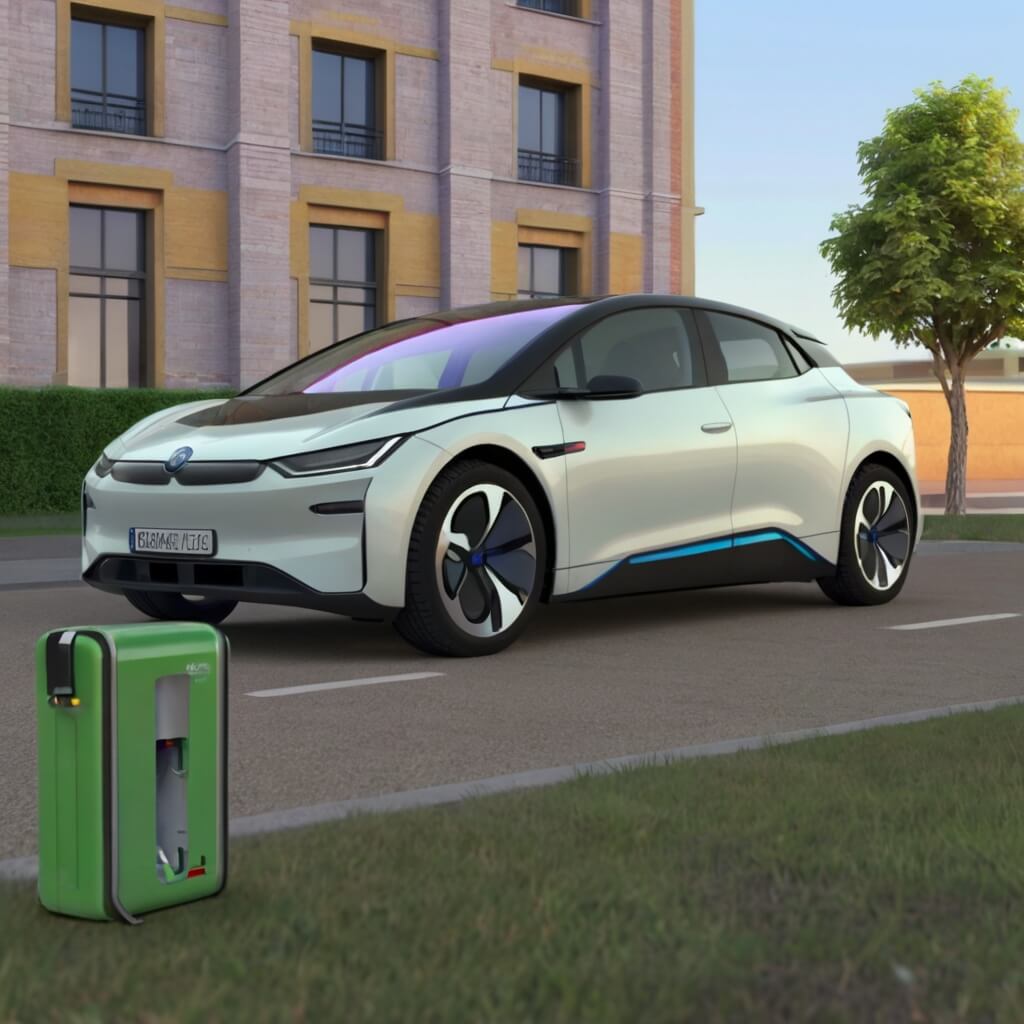
The Allure of Extra Miles: Potential Benefits of EV Range Extenders
The primary appeal of an EV range extender battery pack is undeniably the promise of a longer driving range. Imagine embarking on a road trip with the confidence of a built-in backup generator. For those who frequently travel long distances or live in areas with limited charging infrastructure, an EV range extender could be a game-changer. By extending the driving range, range anxiety significantly diminishes, potentially opening up new possibilities for electric driving.
Furthermore, with an EV range extender, you might be less reliant on public charging stations. While the network of charging stations is growing rapidly, it’s not yet ubiquitous. An extender could provide peace of mind on longer journeys, allowing you to reach your destination even if a charging station isn’t readily available along the way. This flexibility could be particularly appealing for those who don’t have access to convenient home charging or live in areas with sparse charging infrastructure.
The Reality Check: Challenges and Drawbacks of EV Range Extenders
While the concept of extending an EV’s range with a portable generator sounds promising, there are significant challenges and drawbacks to consider:
- Technical Integration: Adding an EV range extender to an existing vehicle is no small feat. Integrating the extender with the car’s electrical system and software requires significant modifications. This can be complex and may not be compatible with all EVs, potentially compromising the vehicle’s original performance and safety features.
- Safety Concerns: Introducing another battery, especially one with a different chemistry than the main EV battery, raises safety concerns. Compatibility issues could lead to malfunctions, overheating, and even fire hazards. Furthermore, the additional battery pack adds weight to the vehicle, potentially affecting handling and performance.
- Standardization and Warranty: Currently, there’s a lack of standardized solutions for EV range extenders. This can make it difficult to find a compatible and safe option for your specific vehicle. Additionally, modifying your EV’s battery system with an unapproved extender will likely void your manufacturer’s warranty, leaving you responsible for any repairs or replacements resulting from these modifications.
In essence, the technical hurdles and safety risks associated with EV range extenders make them a less than ideal solution for most drivers at present. Let’s explore some alternative strategies for extending your EV’s range and combating range anxiety in the next section.
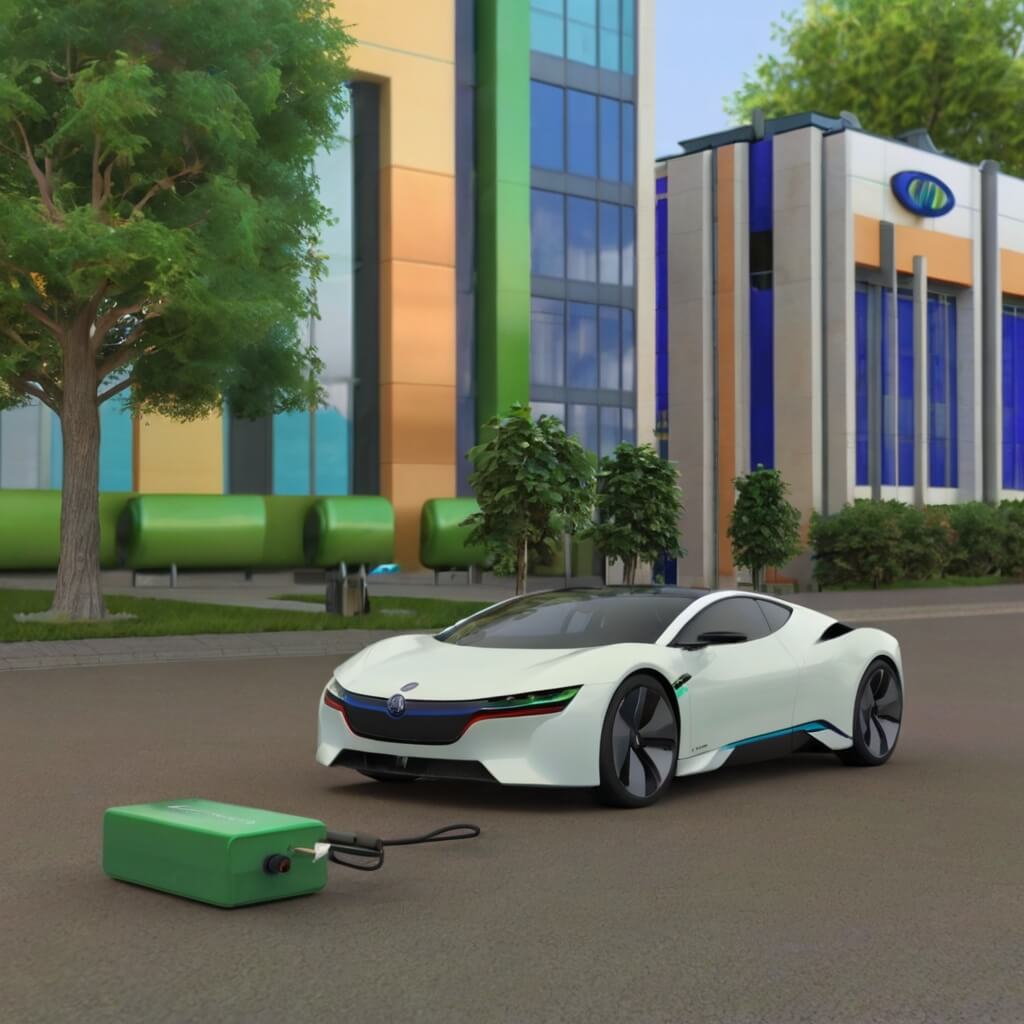
Power Up Without Packing On the Pounds: Alternative Solutions for Extending Your EV’s Range
While EV range extender battery packs might seem like a tempting solution to range anxiety, their technical challenges and safety risks make them a less than ideal option for most drivers. Fortunately, there are several practical and safe alternatives to extend your EV’s range and conquer range anxiety:
- Level 2 Home Charging Stations: Investing in a Level 2 home charging station can significantly boost your charging speed compared to a standard household outlet. Imagine waking up to a fully charged car every morning, ready to tackle your daily commute or weekend adventures. Level 2 charging significantly reduces reliance on public charging stations, offering the convenience of charging overnight at home.
- Public Charging Networks: The good news is that the network of public charging stations is expanding rapidly. Utilize resources like mobile apps to locate charging stations on your route and plan your trips accordingly. Knowing where to find a charge can significantly reduce range anxiety and make long-distance travel with your EV more feasible. Planning ahead and incorporating charging stops into your journey can ensure a smooth and stress-free electric driving experience.
- Portable Chargers: Consider keeping a portable charger in your trunk for added peace of mind. While not intended for full charges, these handy devices can provide a vital top-up in case of unexpected situations or to reach that slightly out-of-range destination. Think of it as a portable safety net for your EV adventures. Portable chargers offer an extra layer of security, ensuring you’re never stranded with a depleted battery.
By implementing these alternative solutions, you can maximize your EV’s potential and experience the joy of electric driving without the limitations of range anxiety. The next step? Explore installing a Level 2 charger at home, familiarize yourself with charging station networks, and keep a portable charger handy for those unexpected situations. With a little planning and preparation, you can conquer range anxiety and unlock the full potential of your electric vehicle.
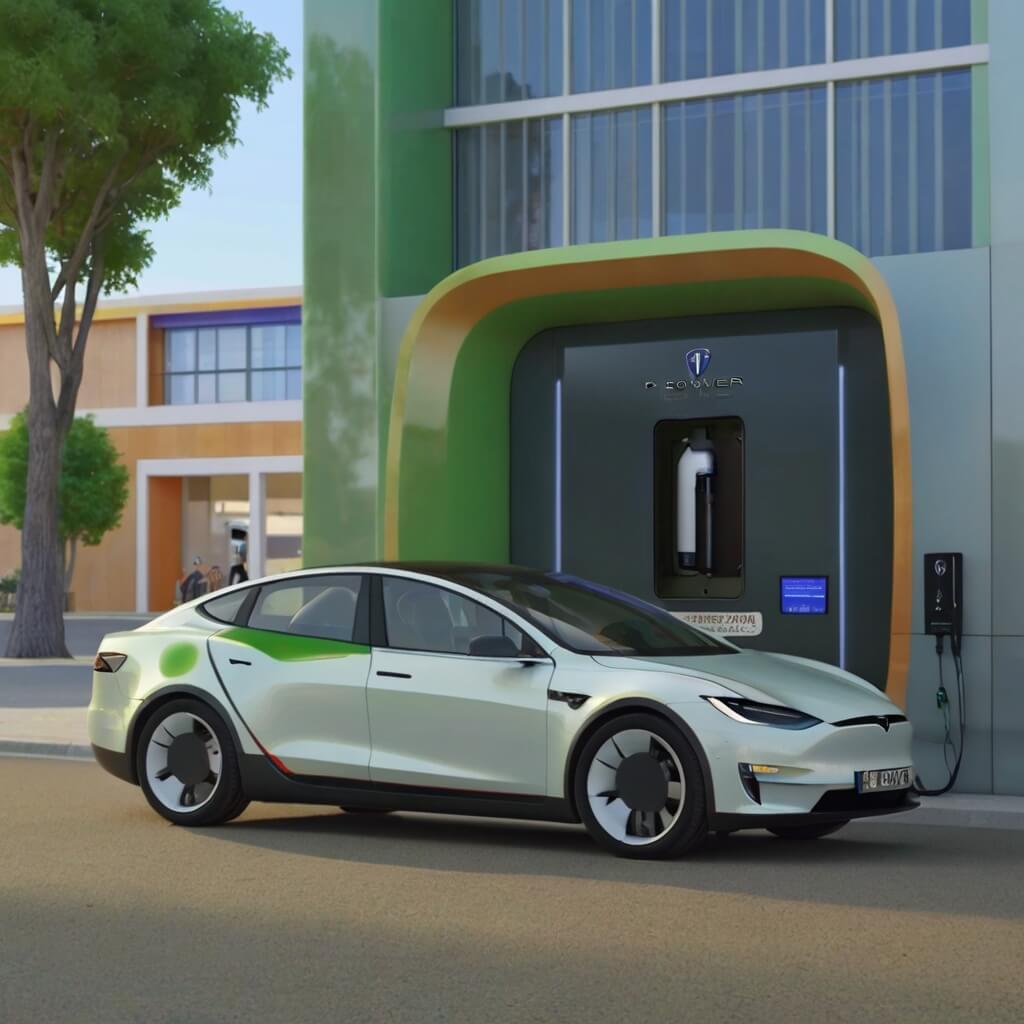
The Road Ahead: A Glimpse into the Future of EV Range Extenders
While EV range extender battery packs face challenges in the present, the future of this technology holds promise. Here’s a look at what’s on the horizon:
- Battery Breakthroughs: Research and development in battery technology are ongoing. Advancements in solid-state batteries and other innovations offer the potential for significantly increased energy density and faster charging times for EVs. This could significantly reduce range anxiety and potentially make range extenders obsolete in the long run.
- Standardized Solutions: The concept of standardized EV range extenders, designed for seamless integration with various EVs, could emerge in the future. This would address current compatibility concerns and make the technology more practical and user-friendly.
- Safety Improvements: Advancements in battery technology and safety protocols could lead to the development of safer and more reliable EV range extenders. This would require rigorous testing and certification to ensure optimal performance and minimize fire risks.
However, it’s important to note that the focus for most manufacturers currently lies on improving internal battery technology and expanding charging infrastructure. EV range extenders might remain a niche solution until these primary concerns are addressed.
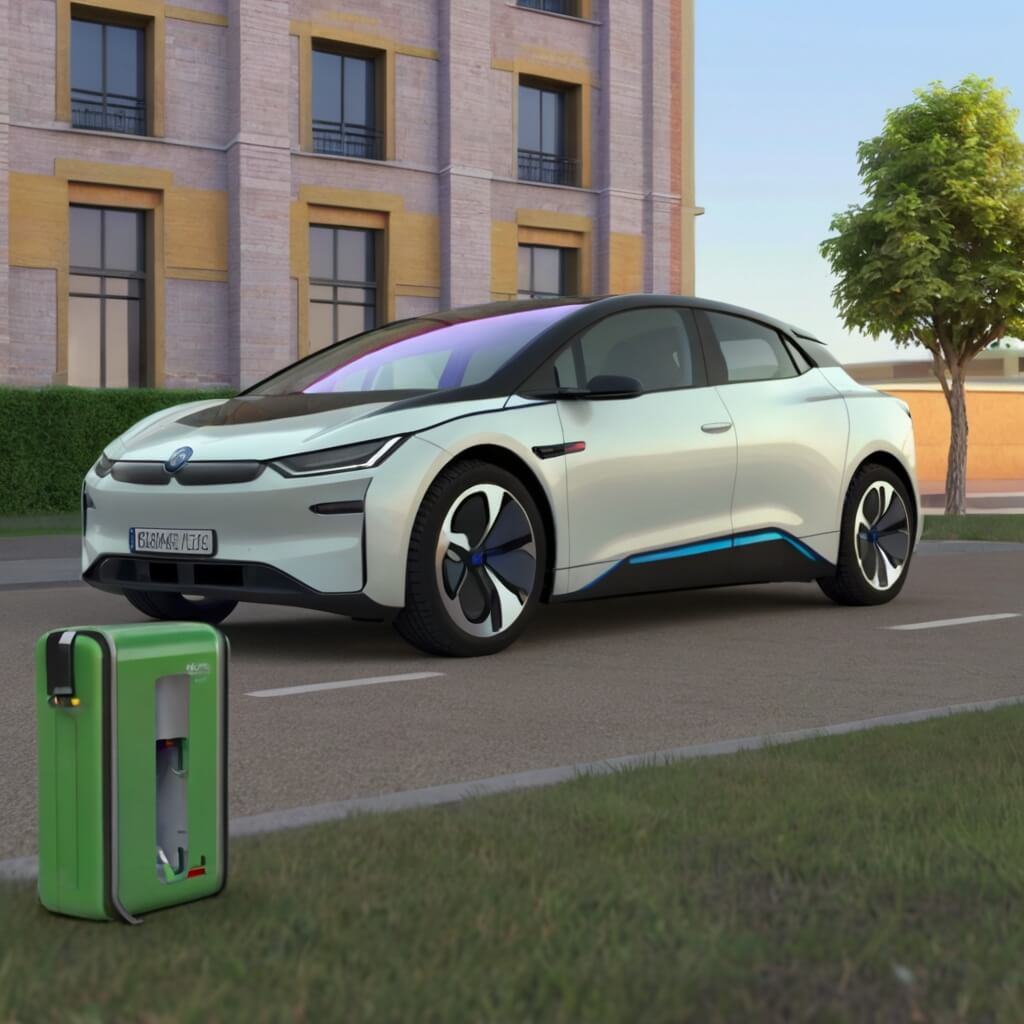
People Also Ask (PAA) Section
- Answer common questions related to EV range extender battery packs:
- Are EV range extender battery packs available? (Limited availability, focus on safety concerns)
- Can I install an EV range extender myself? (Not recommended due to technical complexity)
- What is the difference between an EV range extender and a plug-in hybrid? (Explain concept of plug-in hybrid with larger on-board battery, Entity: Chevrolet Volt)
- Are there any risks associated with EV range extenders? (Refer to safety concerns in section 4)
Conclusion:
The concept of EV range extender battery packs offers a tempting solution to range anxiety. However, current technology presents limitations. Integrating external batteries with existing vehicles is complex, raising safety concerns and potentially compromising warranty coverage.
For now, the focus remains on safe and reliable charging solutions. Level 2 home charging stations and the expanding network of public charging stations empower drivers to extend their EV’s range through strategic planning and infrastructure utilization. Portable chargers offer additional peace of mind for unexpected situations.
The future of electric vehicles is bright. Advancements in battery technology hold the promise of significantly increased range and faster charging times, potentially diminishing the need for range extenders altogether. Additionally, standardized and safe EV range extenders might emerge in the coming years.
The electric revolution is underway. By embracing safe charging solutions and staying informed about advancements in battery technology, we can unlock the full potential of EVs and create a cleaner, more sustainable future for transportation.



